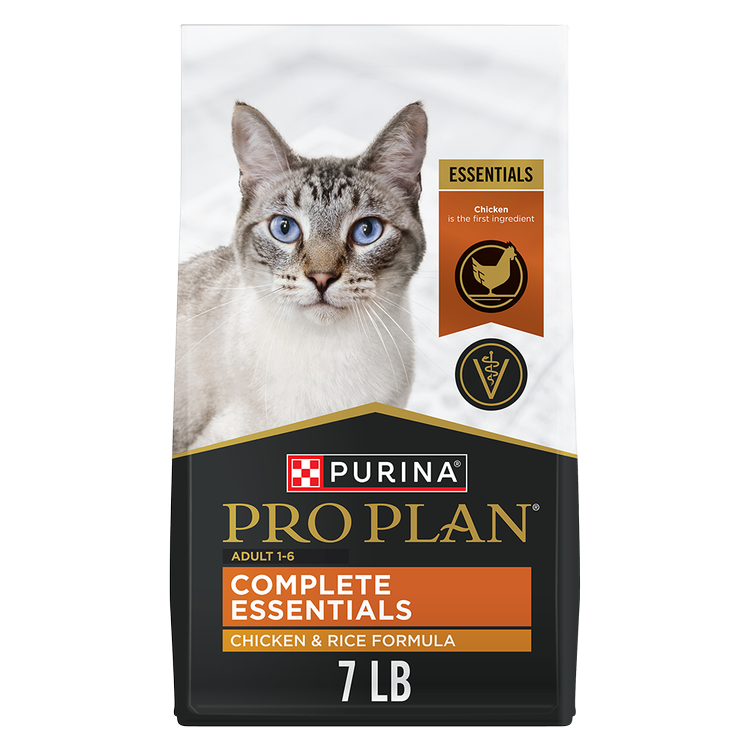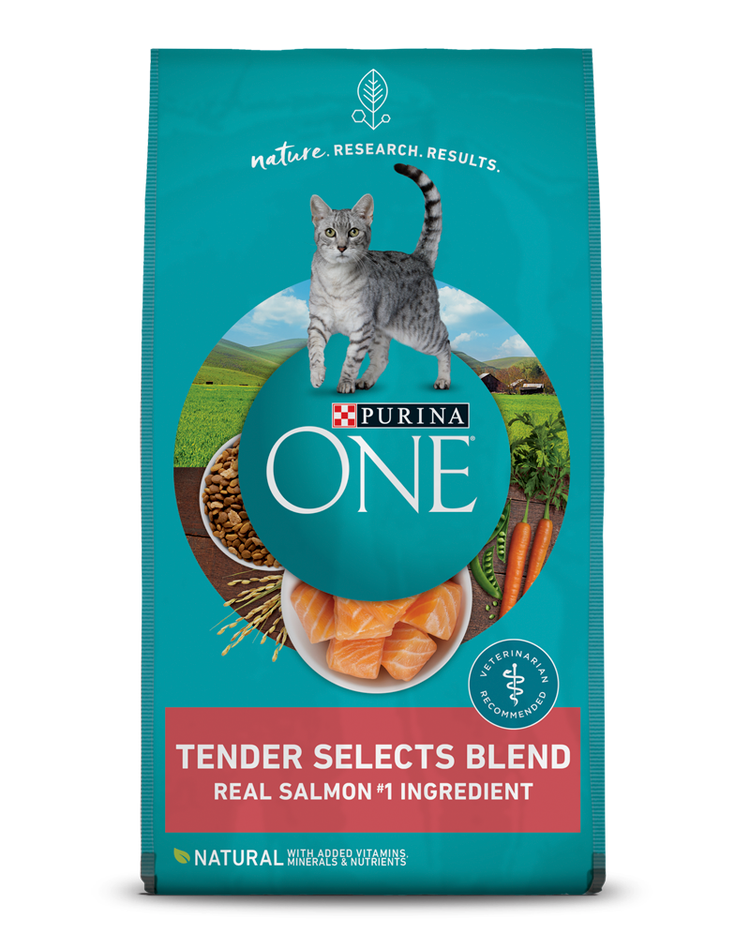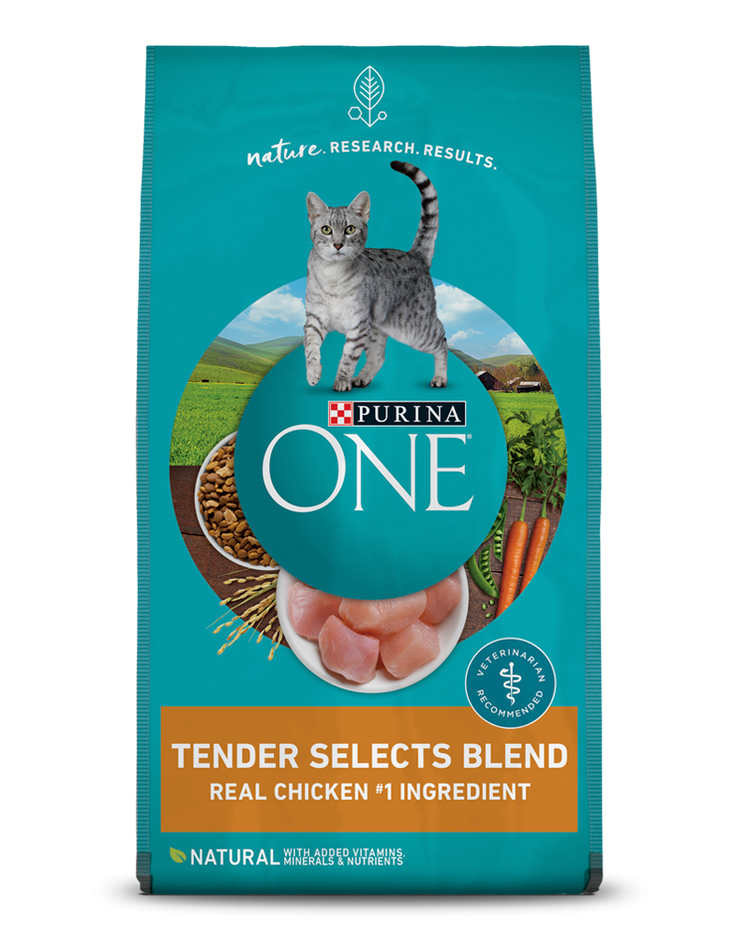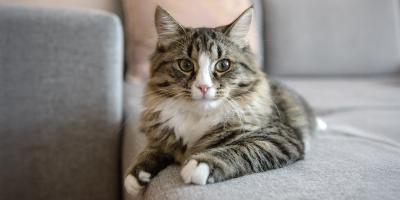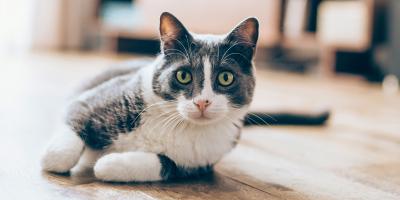How to Support Your Cat’s Microbiome & Gut Health


Your cat’s gut health can affect many other aspects of their health and well-being. Nutrition and supplements can help restore and maintain the balance of the “good” and “bad” gut bacteria.
When there’s an imbalance in your cat’s gut bacteria, it can affect their digestive health, their immune system’s ability to fight infections and more. We recommend working with your veterinarian to identify the cause(s) of the imbalance. They can also help you select the right cat food and supplements to help restore balance and maintain your cat’s microbiome going forward.
What is a Microbiome?
A microbiome is the combined microorganisms, their genetic material and the microenvironment within a specific area of the body. For example, a cat’s skin has its own microbiome. So does a cat’s mouth. Perhaps the most consequential microbiome in terms of your cat’s health, however, is the microbiome within your cat’s digestive tract.
The cat’s digestive microbiome is teeming with hundreds of different kinds of single-celled organisms, including bacteria. These aid in food digestion, combat harmful pathogens within the body, influence inflammation and even play a role in communication between the gastrointestinal tract and the brain.
The ever-changing microbiome is a diverse ecosystem that can be thrown out of balance in several different ways. When there’s an imbalance of gut bacteria, it’s known as dysbiosis, which can lead to a wide range of health concerns. These health concerns can include decreased immune function, inhibition of the body’s ability to produce certain vitamins, allergic reactions, obesity, cognitive impairment and more.
How Do I Help My Cat Maintain a Healthy Gut?
Genetics, environment and medication (like antibiotics) play a significant role in the composition of your cat’s digestive system microbiome. Food can also have a major impact on their digestive health. The gut microbiome can change rapidly in response to diet, so choosing a food that addresses your cat’s unique needs is essential.
It’s always important to talk with your veterinarian whenever switching cat foods. Ask them about the best formulas for gut health, particularly cat foods featuring probiotics and prebiotics. See what they suggest and adjust accordingly.
Benefits of Probiotics for Cats
Probiotics are live bacteria and yeasts that help your cat’s digestive systems thrive. They support the gut’s ability to produce vitamins and short-chain fatty acids, which aids in overall immune function. Probiotics also help the immune system fight back against potentially harmful bacteria within the gut.
They can help balance the “good” and “bad” bacteria within the gut to maintain proper function. Probiotics can also help restore balance in the digestive tract when medication, stress or illness cause dysbiosis.
Probiotics are often found in food sources like yogurt; however, probiotics for humans may not be safe or effective for cats. It’s critical to speak with your veterinarian before giving your cat any probiotic foods or supplements. They can recommend a cat-safe probiotic supplement such as FortiFlora or a specific diet for GI health such as Purina Pro Plan Veterinary Diets EN Gastroenteric Feline Formulas.
Benefits of Prebiotics for Cats
Prebiotics are nondigestible dietary plant fibers that stimulate the growth or activity of beneficial bacteria within the gut. They are a food source for the “good” bacteria in the lower digestive tract.
Prebiotic Safe Foods for Cats
You can also find prebiotics in several human food sources, but, again, it is important to talk with your veterinarian about what is best for your cat.
To learn more about the benefits of prebiotics for cats, read our article about prebiotics’ role in digestive health.
Talk to Your Veterinarian
Talk with your veterinarian about any concerns with your cat’s digestive or overall health. They can assess your cat and let you know if a cat food formulated with pre- or probiotics can help.
Any time you transition to a new food, do it over several days to help avoid digestive upset and so your cat has time to adjust.
For more expert tips on the health of your cat, explore our other cat health articles.

Be Rewarded for Your Purina Purchases
Earn and redeem points for Purina products with myPurina app.

